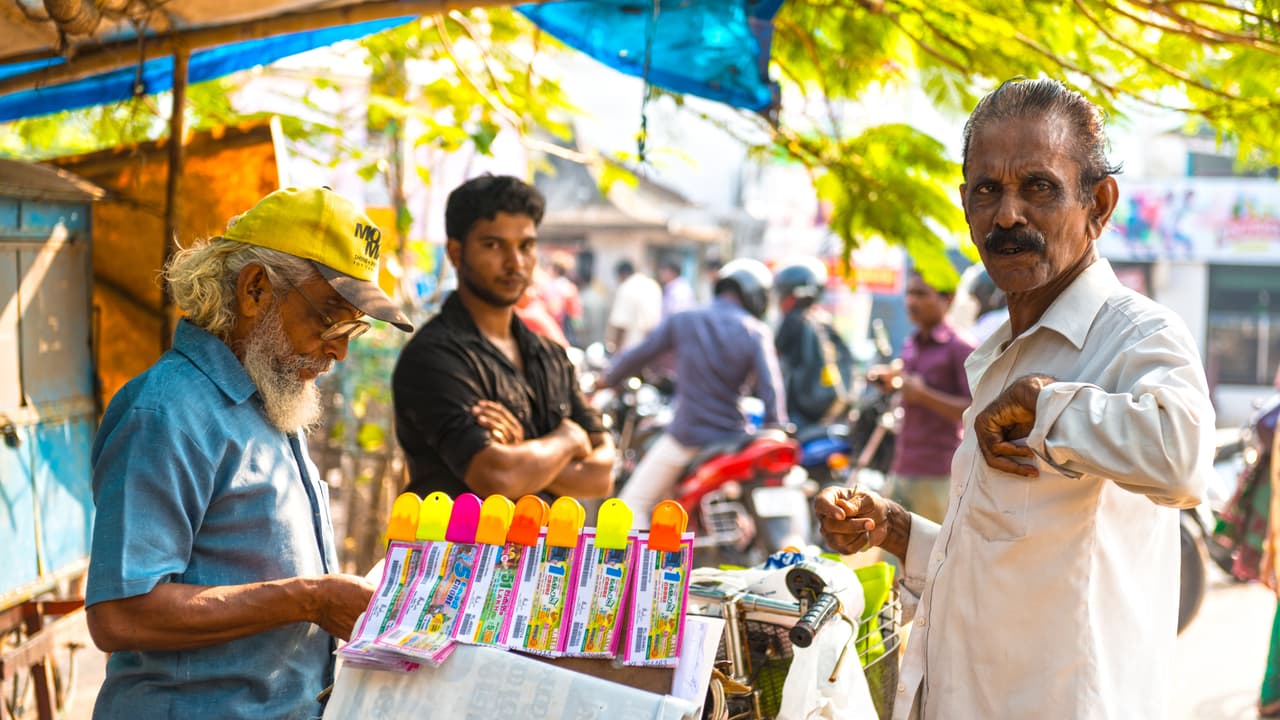Officials state these illegal networks erode government revenue and leave participants vulnerable to fraud with no legal recourse. The crackdown aims to dismantle these operations and protect low-income families from financial exploitation.
Kozhikode (Kerala): Kerala police have intensified their crackdown on the illegal single-digit lottery trade by deploying special squads to conduct surprise inspections. The action comes in response to alerts from the State Lottery Department and licensed agents, who had flagged the rise of unregulated lottery operations in the region. One such unit, led by Thamarassery Deputy SP Chandramohan, recently raided shops in Ambayathode. During the inspection, officers seized Rs 23,020 suspected to be linked to the lottery racket, along with mobile phones allegedly used for managing transactions. The devices are expected to undergo forensic analysis to extract further evidence. According to police sources, simultaneous checks were conducted at four establishments, following a confidential petition from local officials. The focus of the raids was on outlets reportedly operating outside the state’s authorised lottery framework.
Why Is This Significant?
Officials from the Lottery Department have repeatedly warned that such illegal systems not only erode revenue from government-regulated lotteries but also leave participants vulnerable to fraud, as there is no legal mechanism for dispute resolution.
“The single digit lottery trade is a gambling practice in which participants place bets on a single digit number, usually ranging from 0 to 9, with the hope of winning a large cash reward of their chosen number being drawn,” a Lottery Department official told The Hindu. The official added that these networks typically bypass taxes and oversight, functioning through informal channels such as local agents and digital platforms.
A senior officer from Thamarassery who took part in the raid said more squads will be deployed in the coming weeks to dismantle such networks and ensure only authorised lottery systems remain active. Traders have also been urged to alert authorities about any suspicious activity, as the practice is seen as a form of financial exploitation that disproportionately affects low-income families.
